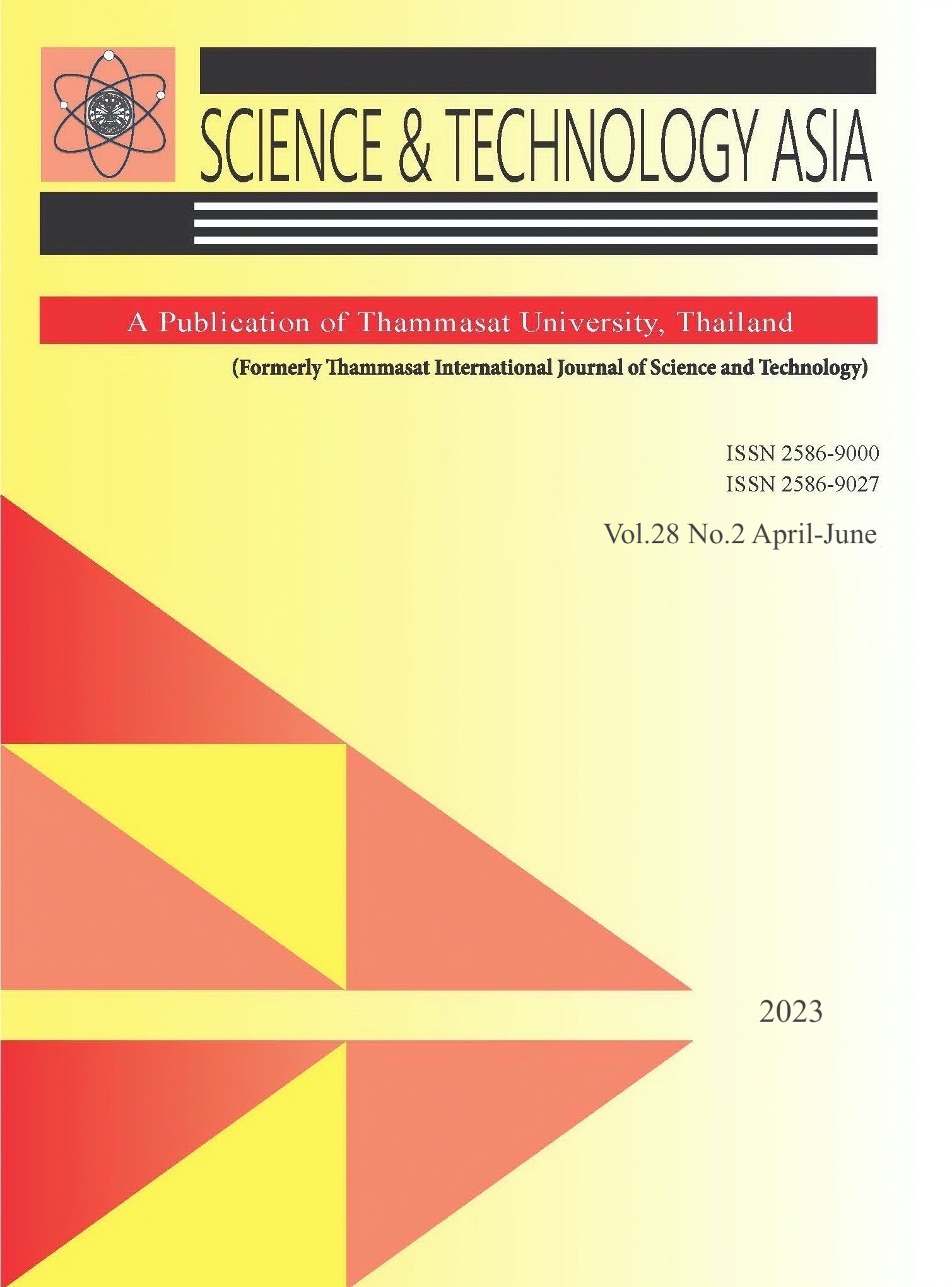Environmental Perspectives of Electric Vehicles in Thailand: Advantages and Challenges
Main Article Content
Abstract
Electric vehicles (EVs) are introduced to the market to reduce the global environmental problems that draw attention to not only the automobile manufacturers, but also the users. To promote the use of EVs, environmental perspectives of EVs from the upstream to downstream must be considered. This study, thus, aims at examining the positive and negative environmental impacts of the EV supply chain, focusing on the production of electric batteries, the vehicle production, the use and maintenance of EVs, and the end-of-life disposal utilizing the analytic hierarchy process (AHP) method. Six interviewees, including consumers, manufacturers, and academic personnel provided data for the analysis. The results reveal that EVs provide a positive environmental impact, specifically in less CO2 emission and fuel consumption. The management of end-of-life batteries is, in contrast, a major environmental concern, and more research of recycling and disposal of electric batteries should be encouraged to enhance the environmental perspectives of EVs in Thailand.
Article Details

This work is licensed under a Creative Commons Attribution-NonCommercial-NoDerivatives 4.0 International License.


